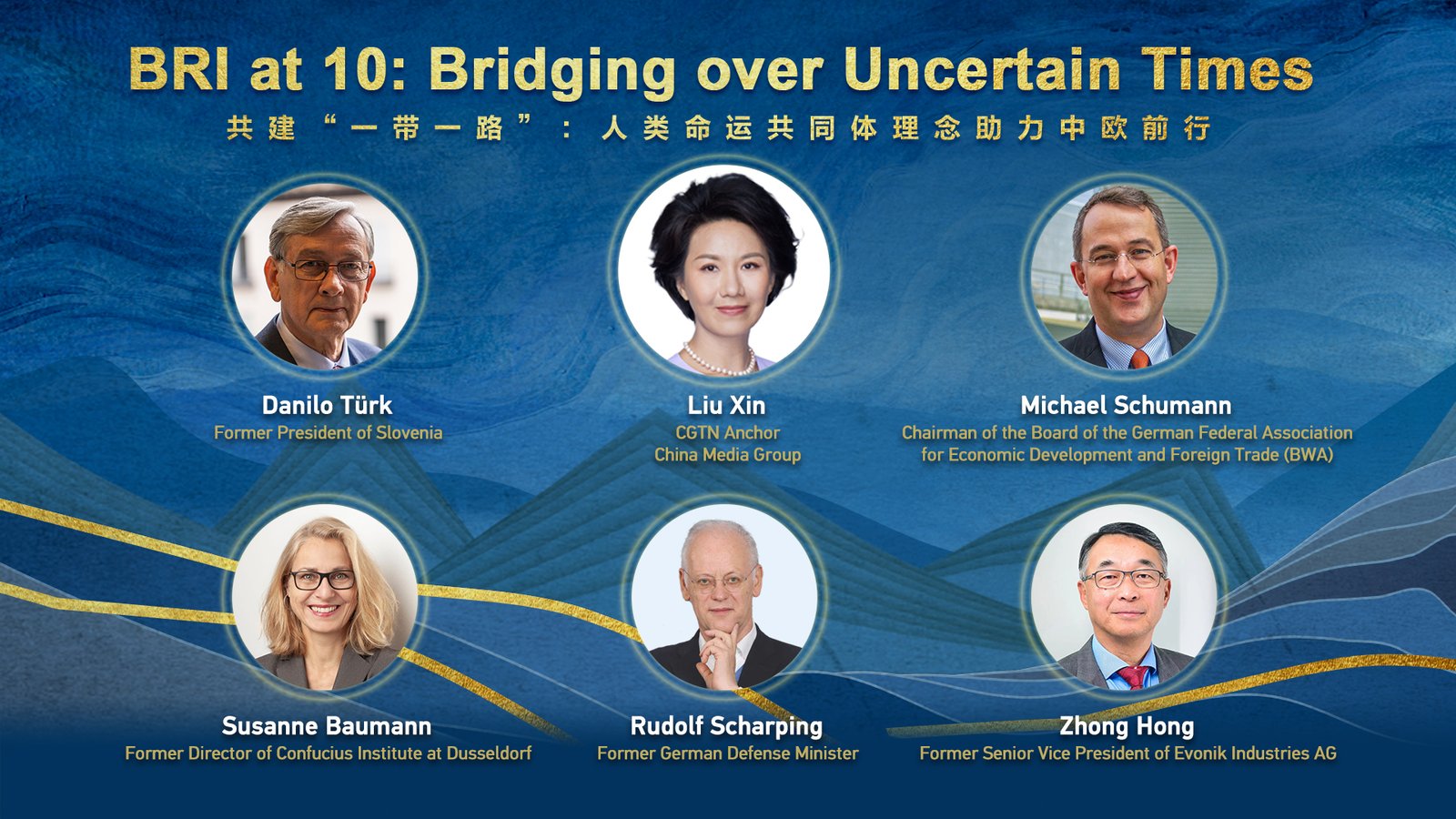The Belt and Road Initiative (BRI) has become a driving force in global economic and infrastructure development. One of the countries benefiting from this initiative is Serbia, where a century-old steel mill in the city of Smederevo serves as a remarkable example of BRI’s transformative impact. Founded in 1913, the Smederevo Steel Mill was once the pride of Serbia, contributing significantly to the city’s revenue. However, over the years, market competition and operational challenges pushed the mill to the brink of bankruptcy. The Serbian government’s efforts to revive it through international tenders were fruitless until China’s Hebei Iron and Steel Group intervened in 2016. Under their leadership, the mill was transformed into a global enterprise, emphasizing customer satisfaction and a robust supply chain. This success story underscores the positive outcomes of Serbia’s participation in the BRI and its integration into the global economy. Furthermore, it highlights the deepening cooperation between China and Europe, a partnership that has evolved significantly since the BRI’s inception.
BRI Cooperation Between China and Europe:
The resurgence of the century-old steel plant is emblematic of the positive changes BRI has brought to Europe. As of now, twenty-six European countries have signed BRI agreements with China. This cooperation has yielded substantial economic benefits. Between 2016 and 2021, China’s imports from the European Union (EU) grew by 63.7 percent, while imports from Central and Eastern European countries surged by 127.3 percent during the same period. Notably, the China Railway Express, connecting numerous Eurasian cities to the Atlantic Ocean, has experienced a remarkable increase in traffic. The year-round operation of 16,000 trains on this route stands in stark contrast to its modest inauguration over a decade ago. This robust trade and transportation network is a testament to the BRI’s effectiveness in enhancing economic connectivity between China and Europe.
Navigating New Challenges:
While the early years of the BRI saw significant progress in China-Europe relations, evolving challenges necessitate a more refined approach to cooperation. Both sides must address uncertainties and upgrade their mindsets, moving away from a zero-sum outlook. Chinese senior diplomat Wang Yi and Vice President of the European Commission Josep Borrell have emphasized the importance of partnership over rivalry. They stress that the EU and China share more common interests than differences and should work toward constructive and stable relations. In this context, BRI has entered a new stage characterized by a shift from large-scale infrastructure projects to more localized, people-centric initiatives. Private Chinese companies are encouraged to take a more active role, focusing on projects that directly improve local livelihoods. Areas such as new energy, healthcare, mobile communication, and e-commerce are emerging as attractive investment options.
The Need for More Dialogue:
The BRI has prompted global partners to seek theoretical frameworks and institutional arrangements to ensure the sustainability of this vast cooperation program. Chinese President Xi Jinping has introduced global initiatives like the Global Development Initiative, the Global Security Initiative, and the Global Civilization Initiative. These initiatives have been widely recognized and have played a crucial role in addressing specific global issues related to security, development, and cultural diversity. Against this backdrop, China and Europe must engage in more dialogue on key strategic issues. To facilitate this, CGTN is hosting a TV forum on the sidelines of the Frankfurt Book Fair, focusing on “China’s Global Initiatives and the BRI: Opportunities or Risks?” Distinguished panel guests, including Danilo Türk, former President of Slovenia; Michael Schumann, chairman of the Board of the German Federal Association for Economic Development and Foreign Trade; Rudolf Scharping, former German Defense Minister; Susanne Baumann, former director of the Confucius Institute at Dusseldorf; and Zhong Hong, former senior vice president of Evonik Industries, will engage in an in-depth discussion about China-EU ties within the context of the Belt and Road Initiative. Their insights are vital not only for the well-being of China and Europe but also for global stability and prosperity.
Read More:
